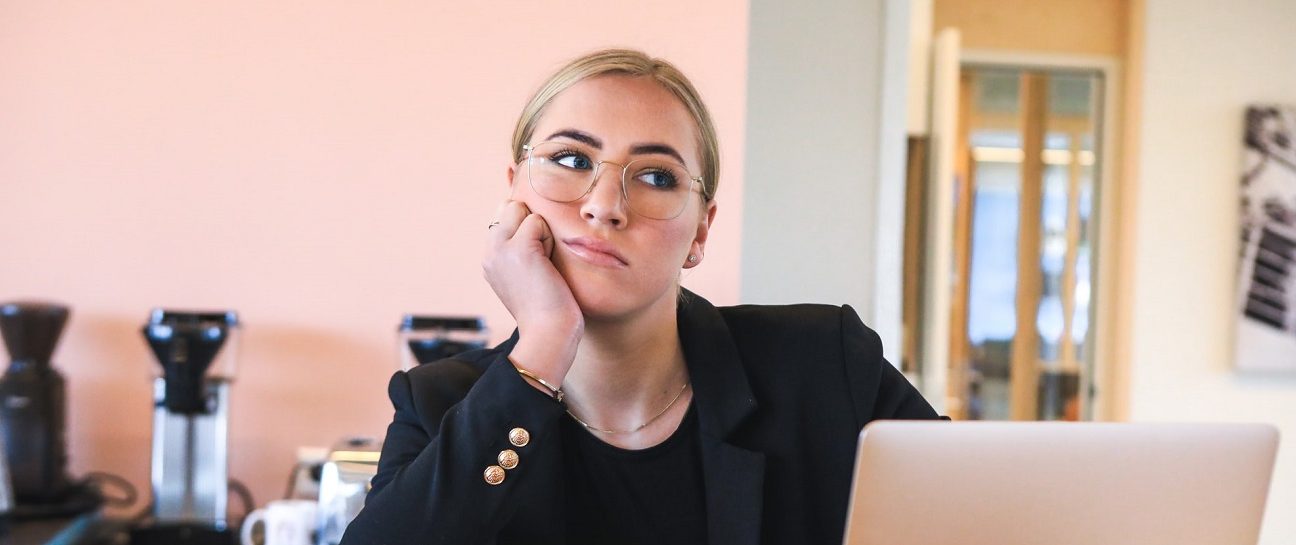Over the past year, the anti-work movement, which began in 2013, has been gaining traction. Last year, it grew from 700,000 people to 1.6 million. However, its slogan, “Unemployment for all, not just the rich!” will not create a better world or happier people.
To create a world where people are happy, we need to rethink the value of work in our society. To be happy, we need a purpose in life. Work may be a means to an end, but it should not be the end itself. If we focus on purpose and not on jobs or careers as the determining factors in our sense of self-worth, our lives will be more balanced, much happier, and we, our families, our communities, and the environment will benefit.
Until a few years ago, the predominant element in determining a person’s social status was one’s job. You were worth as much as your job title was worth. In recent years, there has been a shift. People are growing out of the illusion that a job title will make you happy, even if that job pays extremely well.
Money helps, but only to a point. Beyond the provision of our needs and securing our future to a reasonable degree, we should invest our time and efforts in creating value in our lives rather than wealth. Any additional time or effort to create more wealth will not increase our happiness. In fact, it will often diminish it.
“To create a world where people are happy, we need to rethink the value of work in our society. To be happy, we need a purpose in life. Work may be a means to an end, but it should not be the end itself. If we focus on purpose and not on jobs or careers as the determining factors in our sense of self-worth, our lives will be more balanced, much happier, and we, our families, our communities, and the environment will benefit.”
We create value by being with people we love, and doing things we love. These two may well be connected to our job, but in that case, the job is not the focal point but the fact that we enjoy what we do and the people around us.
Even if our job is not our life’s dream, we need to establish such relationships at work that will make it worthwhile to keep working. If I have negative feelings toward my workplace, I will hate being there. Therefore, it is vital that coworkers not only get to know each other, but that they develop mutual consideration and concern for one another. If all I think about is when I can go home (or switch off my laptop if I’m working from home), then I will suffer while I work. However, if I think about how all of us, workers, can achieve our common goal, then my work will have a purpose, and that purpose will not be personal but social. In that case, people will be focused on each other and not on their hours and personal duties, and they will feel content and satisfied at work.
“We create value by being with people we love, and doing things we love. These two may well be connected to our job, but in that case, the job is not the focal point but the fact that we enjoy what we do and the people around us.”
This is very different from how we think of work today, but it is where the world is going. We already know that everything is connected. Our computers are connected around the world, even our phones are connected around the world. Our food, too, comes from all over the world, as do our clothes, cars, and even the bugs that sicken us.
Everything is connected. If we act as if we are living in a vacuum, we are imposing on ourselves a bogus disconnection and sever ourselves from life. That cannot make us happy. To be happy, we need to be connected in a positive way, where we support each other rather than the current prevailing mindset of stepping on each other’s toes.
It is an educational process that we have already started. Since we are reluctant to change our self-centered mindset, nature has imposed collective thinking on us using the coronavirus. If we take the process into our own hands, we will not need compulsory “lessons” from nature.
“Besides making us happier and calmer, a balanced world of work, where we work as much as we need and dedicate the rest of our time to socializing and self-development, will benefit the world around us.”
Besides making us happier and calmer, a balanced world of work, where we work as much as we need and dedicate the rest of our time to socializing and self-development, will benefit the world around us. Currently, we are overproducing everything in order to outdo our competitors and present good reports to companies’ shareholders. If we created only what we really needed, we would not deplete our world’s finite resources, we would not pollute the air, water, and soil, and we would not endanger our future and that of our children.
Education may sound like a frightening word, but it is basically about changing our preferences. As the anti-work movement shows, our values and preferences are already changing, but there is no reason why they should change through pain. If we teach ourselves about our mutual dependence and how we can help each other be happy, we will choose it voluntarily because it will be choosing a better life, and I believe we all want a better life.










